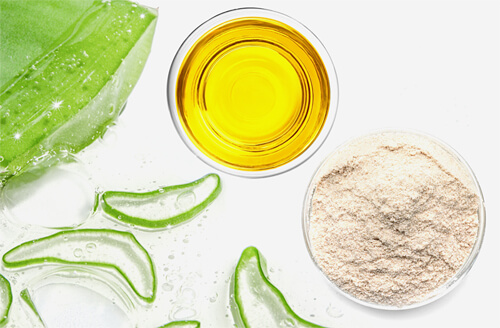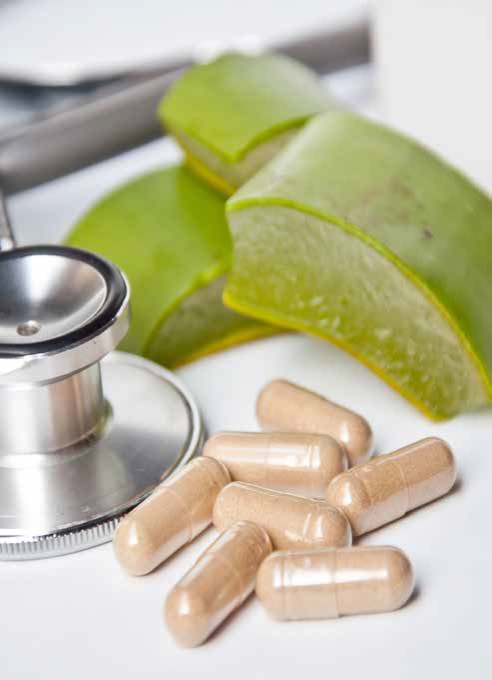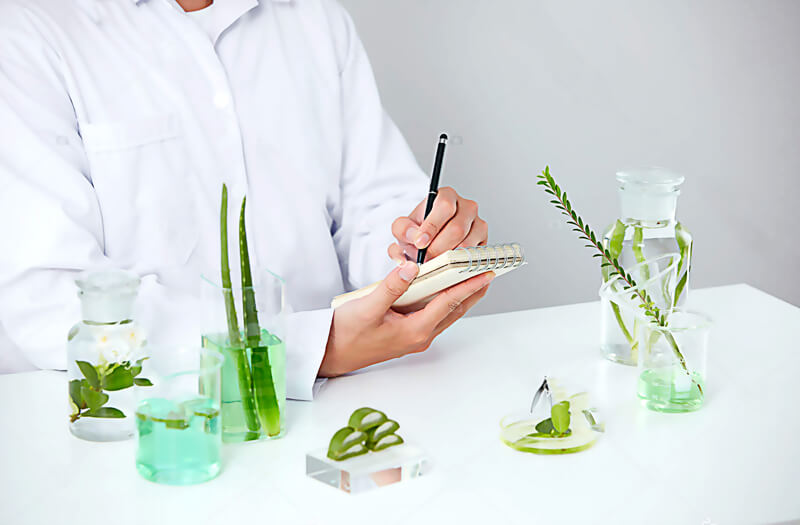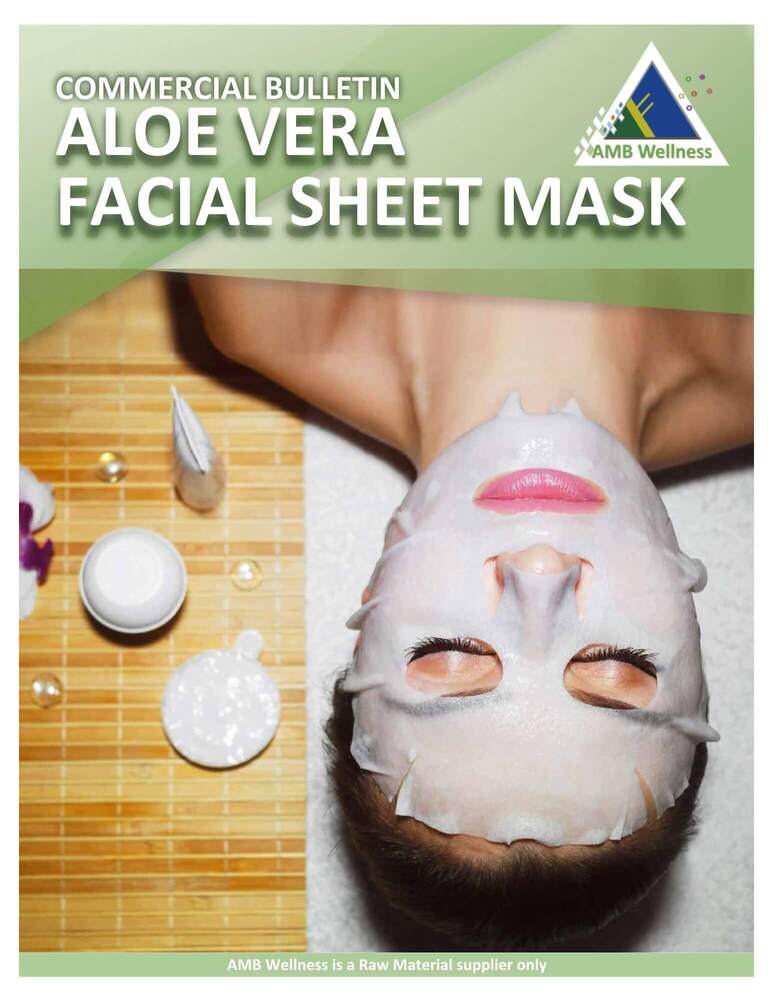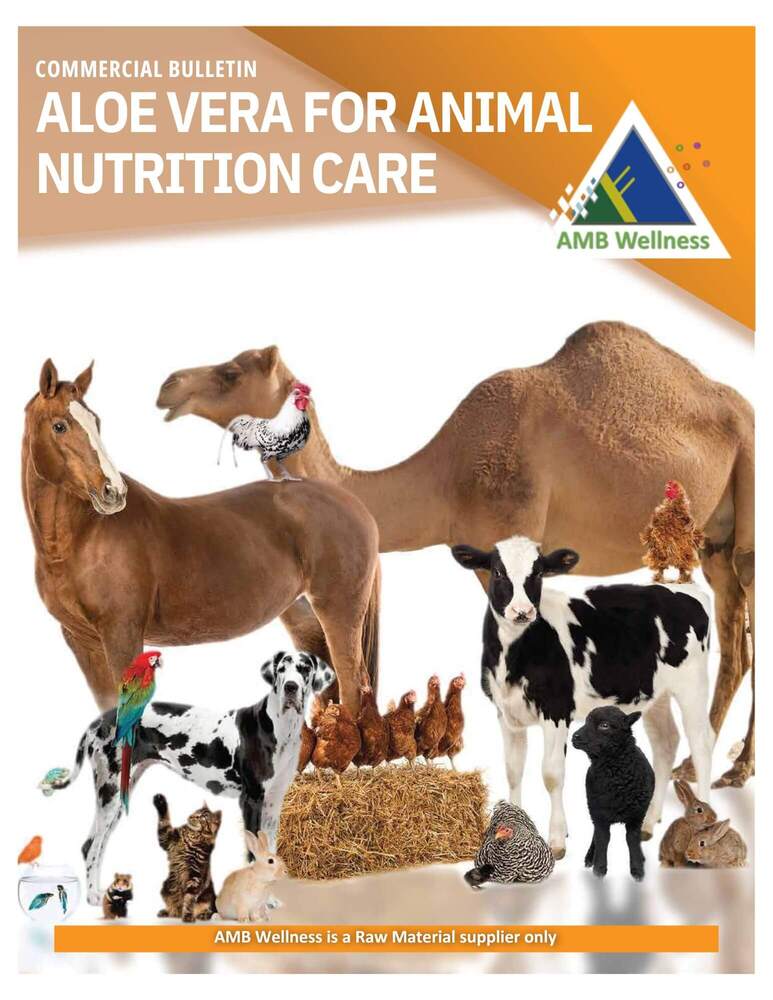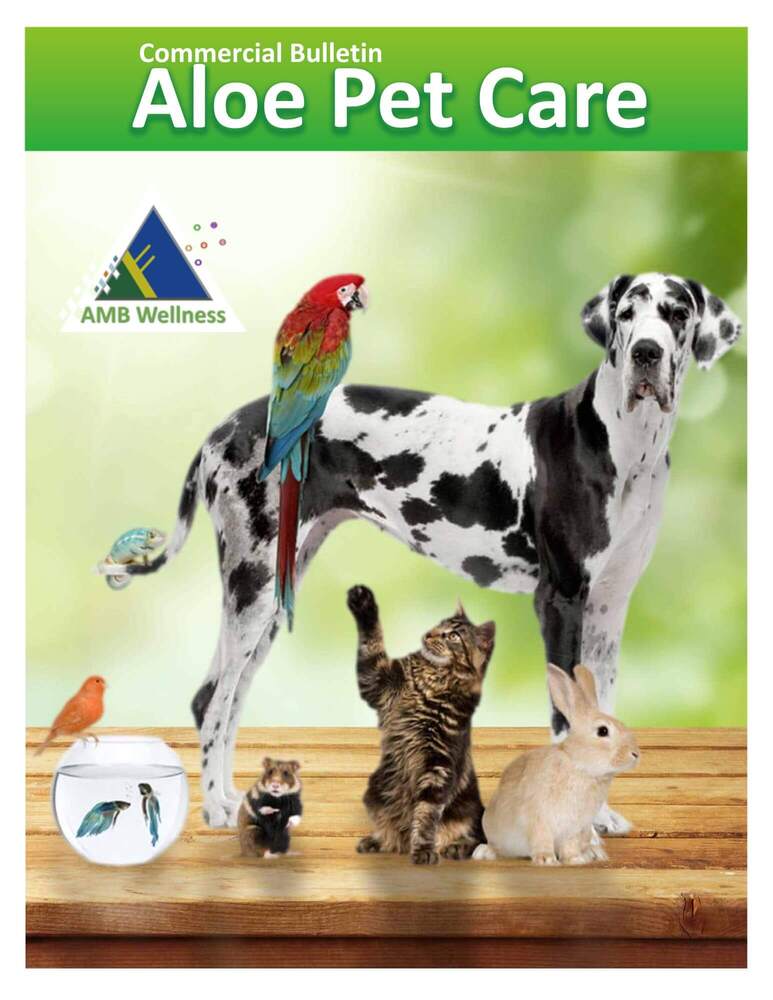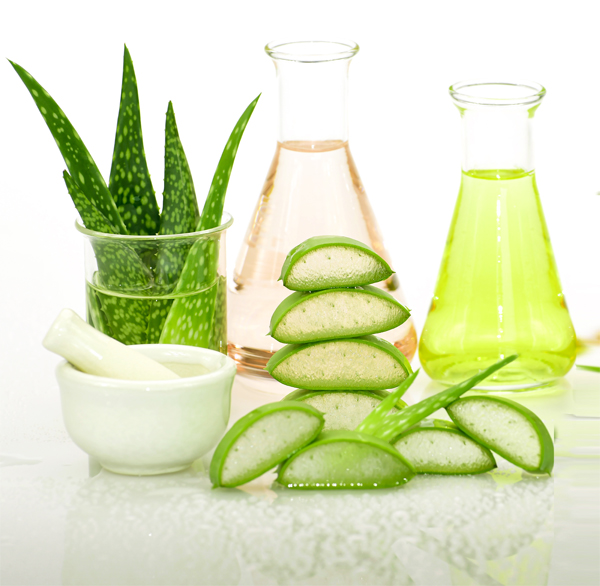Author: Ranade AN, Wankhede SS, Ranpise NS, Mundada MS.
Usual treatment for Helicobacter pylori-induced peptic ulcer includes a triple therapy consisting of two antibiotics (amoxicillin and clarithromycin) and a proton pump inhibitor (omeprazole), retain the drug in stomach for better antiulcer activity and substituting one of the synthetic drugs in this therapy with a herbal alternative. Hence, aim of the present work was to design and develop a bilayer floating tablet of amoxicillin and Aloe vera gel powder for the treatment of peptic ulcer. A. vera gel powder is used for its cytoprotective action. Bilayer floating tablets were prepared by applying direct compression technique. The proportion of sodium bicarbonate and citric acid was adjusted to get the least possible lag time with good matrix integrity and total floating time. Polymer concentration was adjusted to get the maximum release in 8 h. The formulation was developed using hydroxypropyl methyl cellulose (HPMC) K4M and HPMC K100M in a ratio of 85:15 along with 1:4 ratio of effervescent agents was found to give floating lag time of less than 1 min with total floating time of more than 8 h and 97.0% drug release in 8 h. In vivo study in rats meets the requirement of antiulcer activity for bilayer tablet in comparison to single amoxicillin as standard, Helicobacter pylori infection need eradication therapy with antimicrobial agents in addition to anti-secretory drugs. Triple therapy includes proton pump inhibitor bid, amoxicillin 1 g bid and clarithromycin 500 mg bid, is made of combining amoxicillin and Aloe vera gel powder in the form of a bilayer tablet; which can work as an alternative to triple therapy where proton pump inhibitor is replaced by a herbal component which can help in showing better response of amoxicillin against H. pylori by acting as a cytoprotective agent. Reduction in the number of synthetic drug molecules in the therapy can reduce the chances of side effects associated with synthetic drug molecules, Amoxicillin (?-aminohydroxybenzylpenicillin) is a semisynthetic antibiotic, belonging to the ?-lactam family (penicillin). Elevation of beta-lactam concentration demonstrates increased bacterial killing, only until a finite point which tends to be about four times the minimal inhibitory concentration. Further elevation is not associated with increased bactericidal potency, the physicochemical properties of mucus vary considerably at different pH values and acid inhibition (for example by omeprazole) may increase the permeability of mucus to antibiotics, however, long-term monotherapy of gastric ulcer patients with amoxicillin is ineffective even at high daily doses, apparently due to limited contact time with the target site when administered in a conventional oral dosage form, Aloe vera gel exhibited concentration-dependent inhibition of gastric acid secretions by direct interaction with the acid-producing cells or possible interaction with H2 receptors on the parietal cells. A. vera gel has been demonstrated to protect human beings and rats against gastric ulceration. This antiulcer activity is due to its anti-inflammatory, cytoprotective, healing and mucus stimulatory effects, Aloe vera has gastroprotective activity at lower concentrations due to the presence of lectins. Lectins are proteins/glycoproteins which can recognize and binding to carbohydrate moieties. It has been shown that lectins inhibit aminopyrine uptake by parietal cells, ability of gel powder to inhibit gastric acid output maybe as a result of direct action on the acid-producing cells, Retention of amoxicillin and Aloe vera gel in the stomach would result in better action against peptic ulcer by maintaining the effective drug concentration. Thus, the objective of the present investigation involves development and evaluation of a bilayer gastro-retentive floating tablet of amoxicillin and Aloe vera gel powder for treatment of peptic ulcers. Here, amoxicillin will be systemically absorbed, and Aloe vera gel powder will show local effect.

